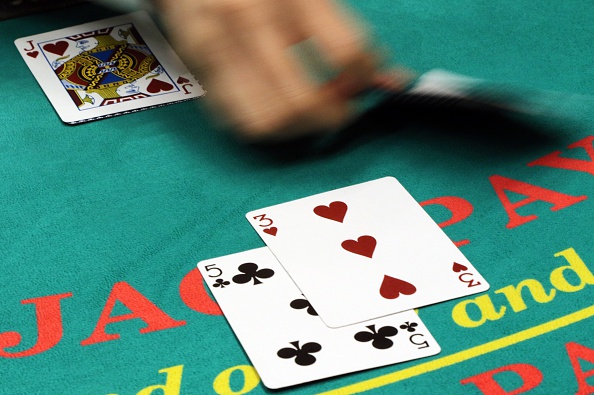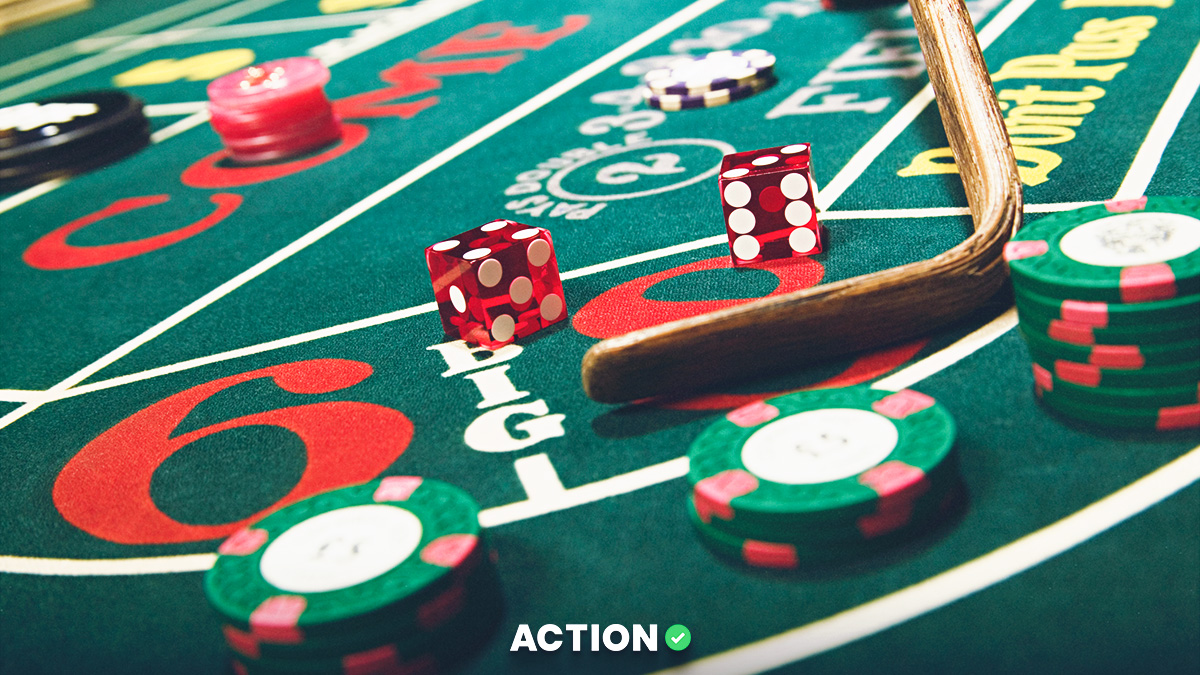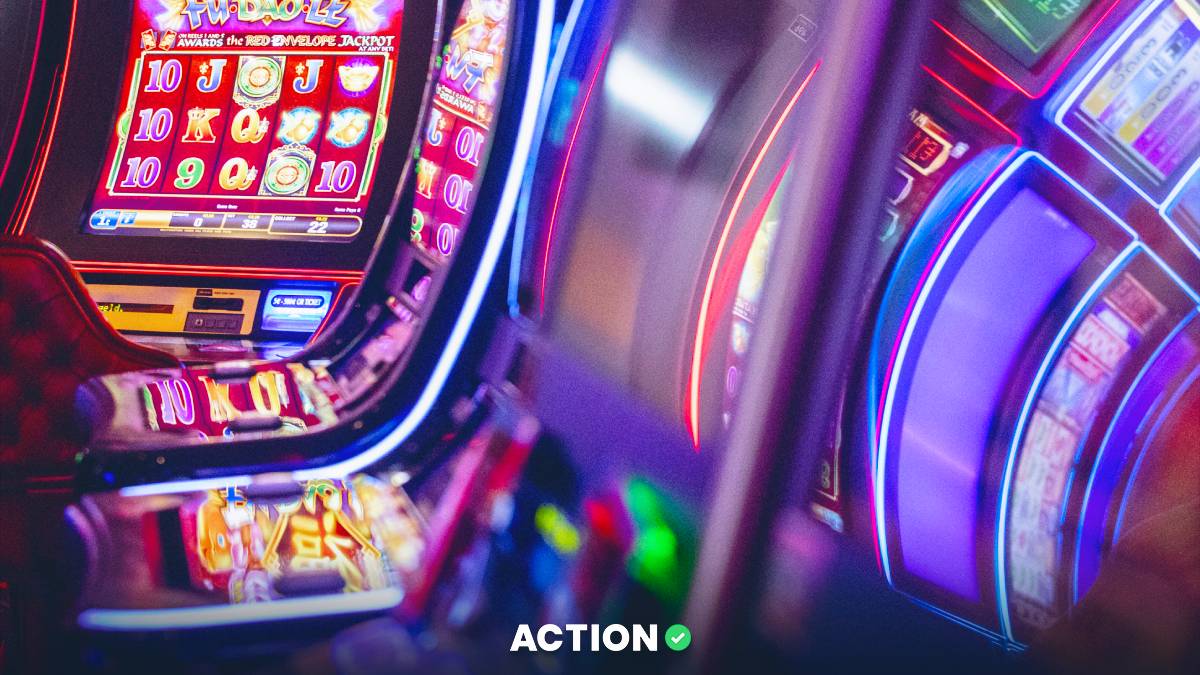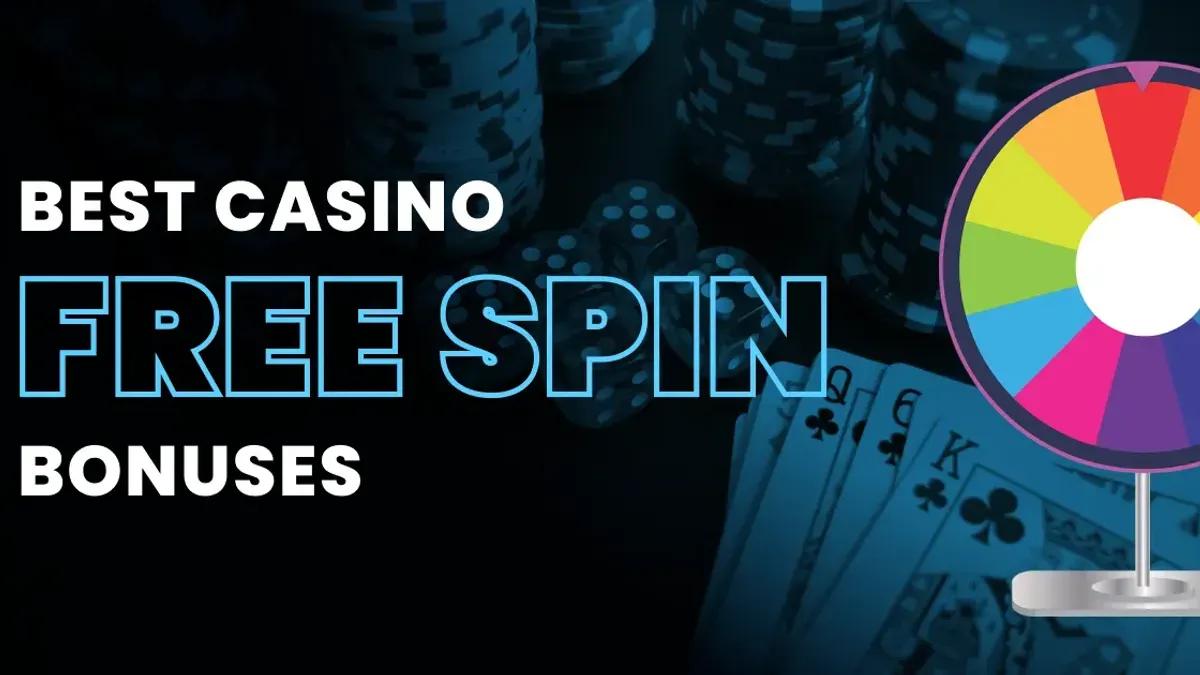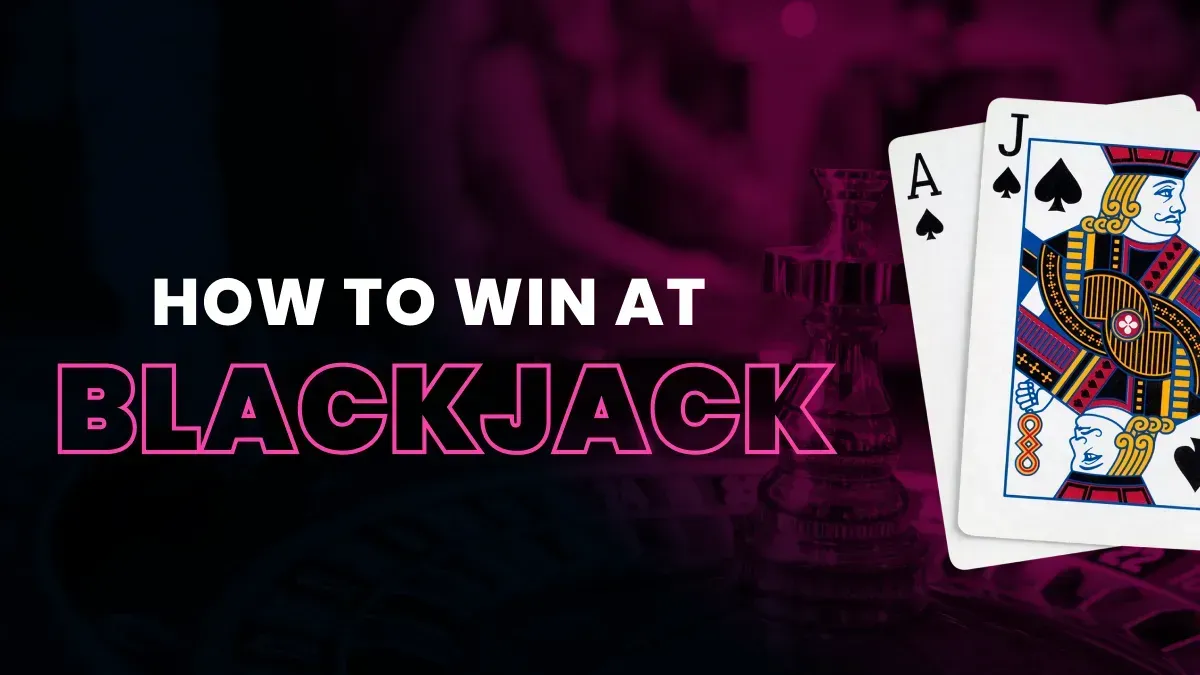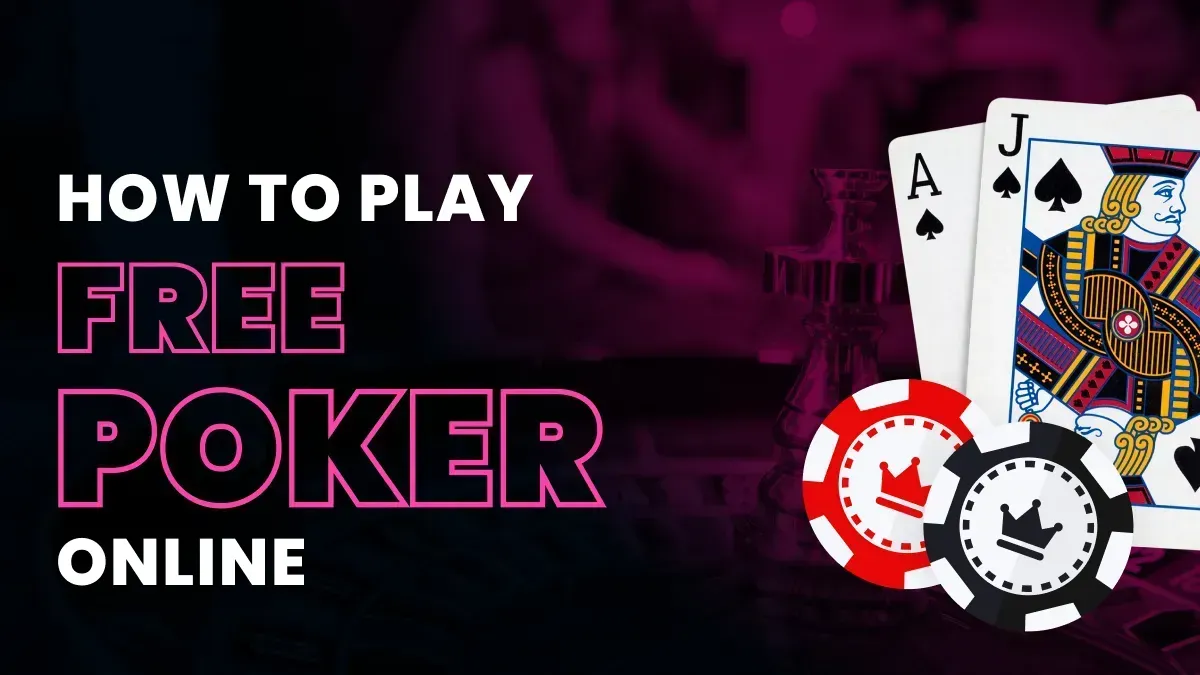Blackjack is one of the most popular games in both brick-and-mortar and online casinos right now and for good reason. This game has been around the gaming industry for a long time now and it represents one of the most player-friendly games in the casino in terms of return to player (RTP). Over time, blackjack has become extremely popular due to the simplistic nature of the game and the minimal amount of massive swings that players experience when compared to other games.
In this writing, we will discuss the basic strategy of blackjack when trying to maximize players’ edge over the house. We will also talk about important factors like betting strategies, some intricacies in the game that vary from casino to casino, and some different variations of blackjack games that players will encounter.
For the sake of understanding, in blackjack, all cards are worth their numerical value and all face cards are assigned the value of ten. Aces are assigned the value of either one or 11.
Online Blackjack Strategy
While most players will play blackjack based on an emotional response to the hand they are dealt, there are far more factors to consider. Blackjack is largely considered to be a "solved" game, meaning that all of the decisions that can be brought up during a session of blackjack have been mathematically proven to have a correct response. This set of responses is entitled Basic Strategy.
In its most basic form, there are five primary decisions that players can make when comparing their hand to the dealer’s "up card." These are hit, stand, double down, split, and surrender.
- Hit: Taking another card from the deck in an effort to improve your hand
- Stand: Not taking another card from the deck to improve your hand
- Double Down: Players double their wager in favorable spots and take only one additional card
- Split: Taking a paired hand and turning it into two individual hands
- Surrender: Only available in certain blackjack formats, this means that players are giving up on their hand as they deem it to be an unfavorable spot
There are times to hit or stand, double down or split, and surrender. Let’s discuss when to do each action.
READ MORE:Blackjack tips for beginners
Strategy With ‘Hard’ Hands
When it comes to blackjack, arguably the most important aspect of the game is acknowledging what the dealer’s up card is. While the cards in your hand are important, they should be played in a manner that relates to what the dealer is showing face-up.
When describing certain numbers in this section, we are not referring to pairs or soft 8s (Ace + Seven). Those will be discussed later on. For example, when we mention that you should hit an 8 at all times, this does not refer to a pair of 4s and only refers to combos like 6/2 and 5/3.
When to Hit in Blackjack
- Any hand worth a value of 8 or below that is unpaired
- Any hand worth a value of 9 when the dealer is showing a 2, 7, 8, 9, 10, or Ace
- Hands worth a value of 10 against another 10 or an Ace
- Hands with a value of 12 against a 2, 3, 7, 8, 9, 10, or an Ace
- Hands with a value between 13 and 14 should hit against all up cards higher than a 7, including Aces
When to Not Hit in Blackjack
- Never hit a hand that is worth 17 or more unless it is a "soft" 17 or 18 against a dealer up card 8 or higher
- Never hit a hand that is over the value of 13 to 16 against a 2, 3, 4, 5, or 6
When to Surrender in Blackjack
- Surrender all 15s and 16s against dealer 10s and Aces (if possible)
- Surrender 16s by choice against dealer 9s
When to Double Down in Blackjack
- Starting hands with a value of 9 when the dealer is showing a 3, 4, 5, or 6
- Starting hands with a value of 10 when the dealer is showing any card except another 10 or an Ace
- All hands with a value of 11 against any dealer up card that is not an Ace
Strategy With ‘Soft’ Hands
Because Aces are so versatile and can be used as both a 1 and an 11 in blackjack, there are a lot of interesting spots that players can be faced with when given a "soft" hand.
Hitting Soft Hands in Blackjack
- Soft 13s and 14s should always hit unless dealer is showing a 5 or 6
- Soft 15s and 16s should always hit unless dealer is showing a 4, 5, or 6
- Soft 17s should always hit against 2s, 7s, 8s, 9s, 10s, and Aces
- Soft 18s should always be hit against 9s, 10s, and Aces
Standing With Soft Hands in Blackjack
- Players should stand with soft 18s against 2s, 7s, and 8s
- Players should stand with all soft 19s unless they want to take the double down option against a 5 or 6
- Players should stand with all soft 20s
Doubling Down Soft Hands in Blackjack
- Soft 13s and 14s should be doubled down against 5s and 6s
- Soft 15s and 16s should be doubled down against 4s, 5s, and 6s
- Soft 17s should be doubled down against 3s, 4s, 5s, and 6s
- Soft 18s should be doubled down against 3s, 4s, 5s, and 6s
READ MORE:Common blackjack mistakes to avoid
Strategy with Paired Hands
Receiving a pair in blackjack is one of the most prominent ways to maximize profit at the tables as long as you understand how to play them properly.
A pair of 2s is the lowest numbered starting hand a player can have that is considered to be a "hard" number. Players should be looking to split their deuces against 2s and 3s if doubling down is permitted after the split by the casino. They should be split against 4s, 5s, 6s, and 7s as well. They should only be hit against 8s, 9s, 10s, and Aces.
A pair of 3s should be played exactly the same way under the same circumstances as a pair of 2s.
A pair of 4s looks nice as it is a pair, but there are hardly any splitting opportunities to be had. Two 4s should always be hit unless the dealer is showing a 5 or 6 and players are allowed to double down after the split.
A pair of 5s should be doubled down on every up card except for a 10 or an Ace. They should absolutely never be split under any circumstances.
A pair of 6s should be split against a 3, 4, 5, or 6, and should only be split against a 2 if doubling down after the split is allowed. This hand should be hit against 7s, 8s, 9s, 10s, and Aces.
A pair of 7s should be split against all 2s, 3s, 4s, 5s, 6s, and 7s. It is a hit otherwise.
A pair of 8s should always be split. It does not matter what the dealer is showing. Two 8s make a 16 which is an awful spot to be in and players should make every attempt to improve upon their hand even if it means pouring more money into an unfavorable situation.
A pair of 9s should be split against every dealer up card except a 7, 10, or Ace. Players should stand in those situations.
Two 10s, Jacks, Queens, and Kings should never be split as players are already in excellent position with a made hand. Never split tens.
Like a pair of 8s, players should ALWAYS split their Aces. This rule applies to every situation as players splitting their aces can put themselves in position to receive two 21s, an unbeatable hand.
READ MORE: Blackjack glossary of terms
Online Blackjack Betting Strategies
In blackjack, there are many different types of betting strategies that players can deploy in an effort to maximize wins and minimize losses, thus conserving their bankroll. Let’s discuss some of the most popular strategies blackjack players use.
Standard Unit Betting
Unit betting is one of the most popular betting strategies because nothing changes as a player goes through a session of blackjack. Players never deviate from their standard unit. For example, if a player uses a $25 bet size as their standard, they will never bet less or more than that total on a given hand, excluding splits and double downs.
Martingale Strategy
One of the most aggressive betting strategies is the Martingale strategy of betting. This strategy is not only limited to blackjack, but can also be used in other forms of wagering. Martingale requires players to have a massive bankroll as swings can absolutely decimate someone’s entire bankroll in a few minutes if not used properly. Taking from the standard unit betting strategy, players must pick a standard unit size that they want to start each betting round with.
For example, if a player picks $20 as their standard betting unit, this will be the wager they will use after every win. If a player loses, they will then double their bet size. In doing so, players will practically guarantee that they win at least a unit every time they win a hand. Starting with $20, a player will then bet $20 again if they win that first hand and will bet $40 if they lose. If they lose back to back hands, it will then be an $80 wager on the third hand.
It's easy to see the benefits of this strategy, but it can also expand upon the already existing variance of blackjack. If a player were to lose 10 hands in a row, an outcome that is unlikely but is certainly possible, this means that a player will have lost $20, $40, $80, $160, $320, $640, $1,280, $2,560, $5,120, and $10,240 hands consecutively. If this happened under the Martingale strategy, players would lose $18,156 in this scenario. They would then need to come up with $20,480 for the eleventh hand to be able to adequately fulfill the strategy.
Popular Online Blackjack Variations
There are many different types of blackjack to be played at various online casinos. There are many standard blackjack games that pay 3:2 on natural 21s and have standard rule sets, but there are many other variations as well.
Free Bet Blackjack
Free Bet blackjack has one of the lowest RTPs for blackjack variations, but it is also the most volatile, granting players massive wins on occasion with the side bet entitled Pot of Gold. In this game, blackjack plays standardly, but the only difference is a huge one. Players are able to double down and split for free in this edition of the game, but can only double 9s, 10s, and 11s and split pairs. This bet is on the house so there is no issue in taking advantage of it. However, sometimes by taking the free double, you can lose the hand when in a bad position. Still, this is only for a standard one unit level of exposure instead of the double alternative.
Infinite Blackjack
Infinite blackjack has become popular online as more and more players look to get in on the action. In this form, all players who are on a given platform can hop in with no maximum number of players involved. All players will receive the same hand or hands, but will be able to play them independently.
Blackjack Switch
In blackjack switch, players have the opportunity to switch out their cards if they are playing two hands. For example, if a player gets a 8/7 and a 4/3, they can then switch the 8 and 4 to create two 11s, which are two double down hands. This game usually comes with a 1:1 blackjack natural payout as opposed to 3:2, keeping the house edge intact.
Side Bets
Many different side bets can be played across all online blackjack games. These include Pair bets, Rummy bets, and Flush plus bets. Players can receive up to an 11x payout by being given a pair in their hand while taking a side bet. For Rummy bets, players can receive up to a 14x payout if they receive a three of a kind with the dealer, a flush, or a straight. With Flush Plus bets, players can receive massive payouts with straight flushes, mini royal flushes, and three of a kind hits receiving progressive payouts based on hand strength.
Where is Online Blackjack Legal?
There are currently six states that offer legal online forms of blackjack. These states are Connecticut, Delaware, Michigan, New Jersey, Pennsylvania, and West Virginia.
More Information
If you'd like to learn more about blackjack, specifically the top casino brands to play blackjack at, check out The Best Real Money Online Casinos in the U.S.
- If you're in New Jersey, read our New Jersey Online Casino page.
- Michigan gamblers can check out our Michigan Online Casino page.
- Bettors in Pennsylvania can learn more by reading our Pennsylvania Online Casino page.
- West Virginia gamers can find out more on our West Virginia Online Casino page.


